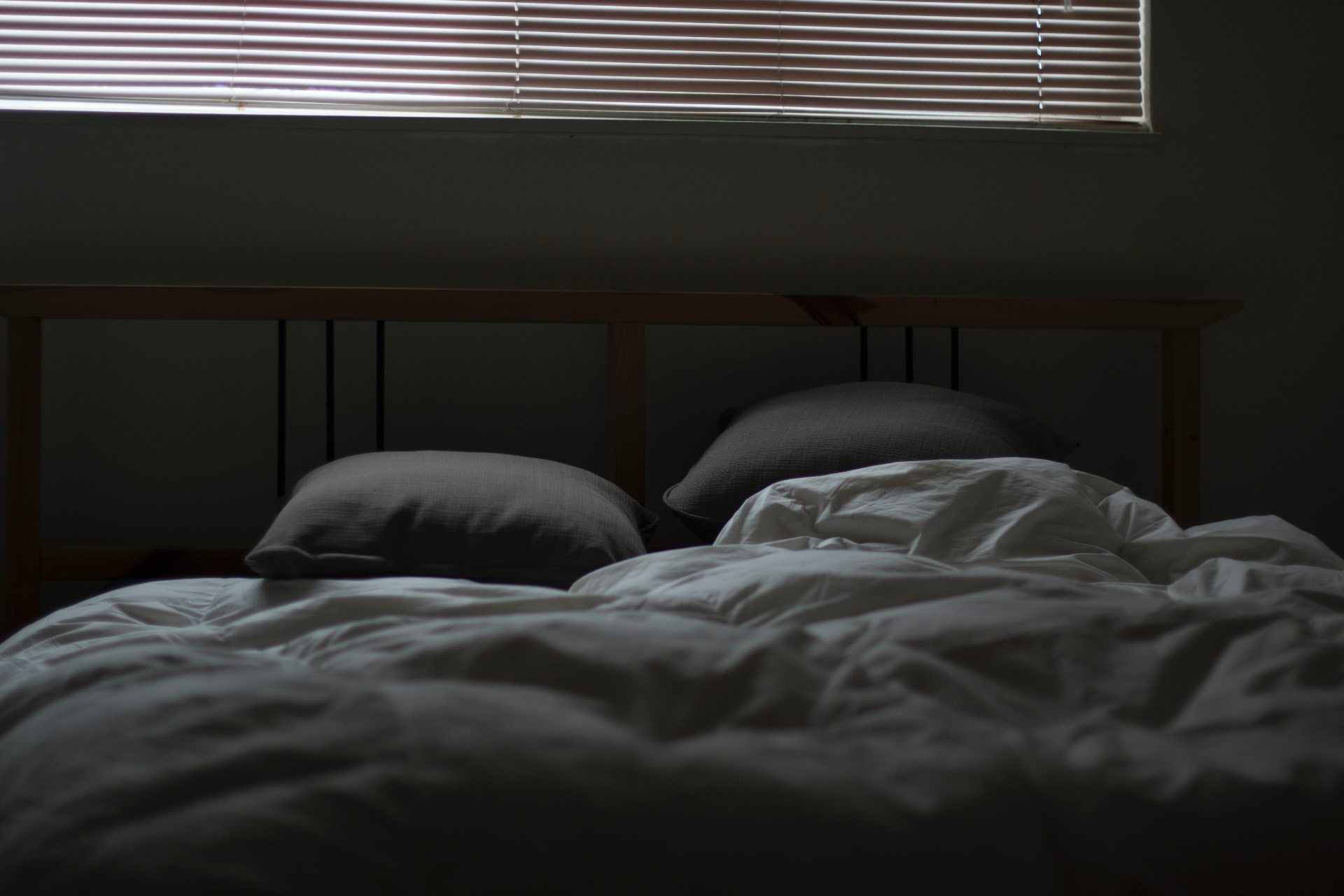Strategies for Improved Sleep

Having a rough time falling or staying asleep?
Sleep plays such an important role in our mental health and physical well-being. When we are unable to fall asleep easily or stay asleep once we lay down it can cause us a lot of stress, anxiety, and frustration. Here are a few tips for improved sleep:
Set a schedule
This can be really challenging if you have children or a work schedule that often changes; however, as much as you can try to make a habit of laying down and waking up around the same time. This helps our brain associate certain times of day with sleep / rest.
Create a relaxing bedtime routine
Having a relaxing routine 1-2 hours before bed can begin the process of our body slowing down and moving into a restful state. A regular routine also helps our brain start to associate this time of day with relaxation and preparation for sleep.
Avoid napping
Napping during the day can throw off our circadian rhythm and make it more difficult to fall asleep at bedtime. This can be like a domino effect, getting you farther and farther away from your ideal sleep time.
Use your bed only for sleep & sex
Your brain associates your bed / bedroom with whatever you typically do there. If you have trouble sleeping, only lying in bed during intimacy or when you are actually trying to fall asleep is ideal.
Avoid caffeine late in the day
Caffeine can stay in our body long after we have consumed it. The general rule of thumb is to avoid caffeine for the 8 hours before your bedtime.
Make your environment comfortable
Make sure you space is dark, quiet, and cool. Everyone has their own preferences, but you might consider using- extra (or less) blankets, curtains / blinds, noise machine, fan, eye mask, a different pillow, etc.
Avoid exercise late in the day
Try to avoid any vigorous activity at least 1-2 hours before bed. The release of endorphins during exercise can cause an increase in energy / alertness.
Take a break from screens
It is best to have an hour of screen-free time before bed. The blue lights emitted by TVs, phones, computers, tablets etc. can disrupt our circadian rhythm.
Lastly, don’t force it
If you are unable to fall asleep within 20 mins of laying down, get out of bed and go to another room. Keep the lights low and engage in a relaxing / low stimulation activity (ex. reading, light stretching, listening to a nighttime meditation). Only go back to bed once you feel sleepy enough to fall asleep. This helps you avoid creating associations of frustration with your bed / bedroom.

